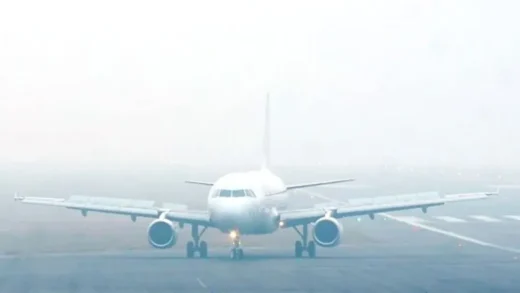Days after the tragic Air India Flight AI-171 crash claimed at least 270 lives, global investigators are working together to determine the cause of the disaster. As of now, there is no clear indication of where the fault lies, and experts believe it could take several months before any definitive conclusions are drawn. In the meantime, the Tata Group owner of Air India along with iconic brands like Jaguar Land Rover and Tetley Tea is grappling with a series of unprecedented challenges at a pivotal moment in the airline’s ambitious turnaround journey.

Before the crash, the narrative around Air India was beginning to shift positively under the Tata Group’s stewardship. Since acquiring the airline from the government in 2022, the Tatas had overseen improvements in operating profit, rising revenues, and a drop in customer complaints. While issues such as inconsistent service standards, outdated in-flight entertainment, and delays still persisted, they were generally seen as growing pains during a transition phase marked by complex mergers and restructuring efforts aimed at long-term efficiency.
Visible signs of progress were also emerging—newly refurbished interiors, sleek branding, the introduction of Airbus A350s on key routes, and a record-breaking aircraft order to modernize the aging fleet and cater to India’s expanding aviation market. Earlier this year, the Tatas confidently stated they had entered the “final climb phase” of Air India’s transformation into a world-class airline. However, last week’s devastating crash has now cast a long and painful shadow over those plans, threatening to stall the momentum just as it seemed to be gaining altitude.













